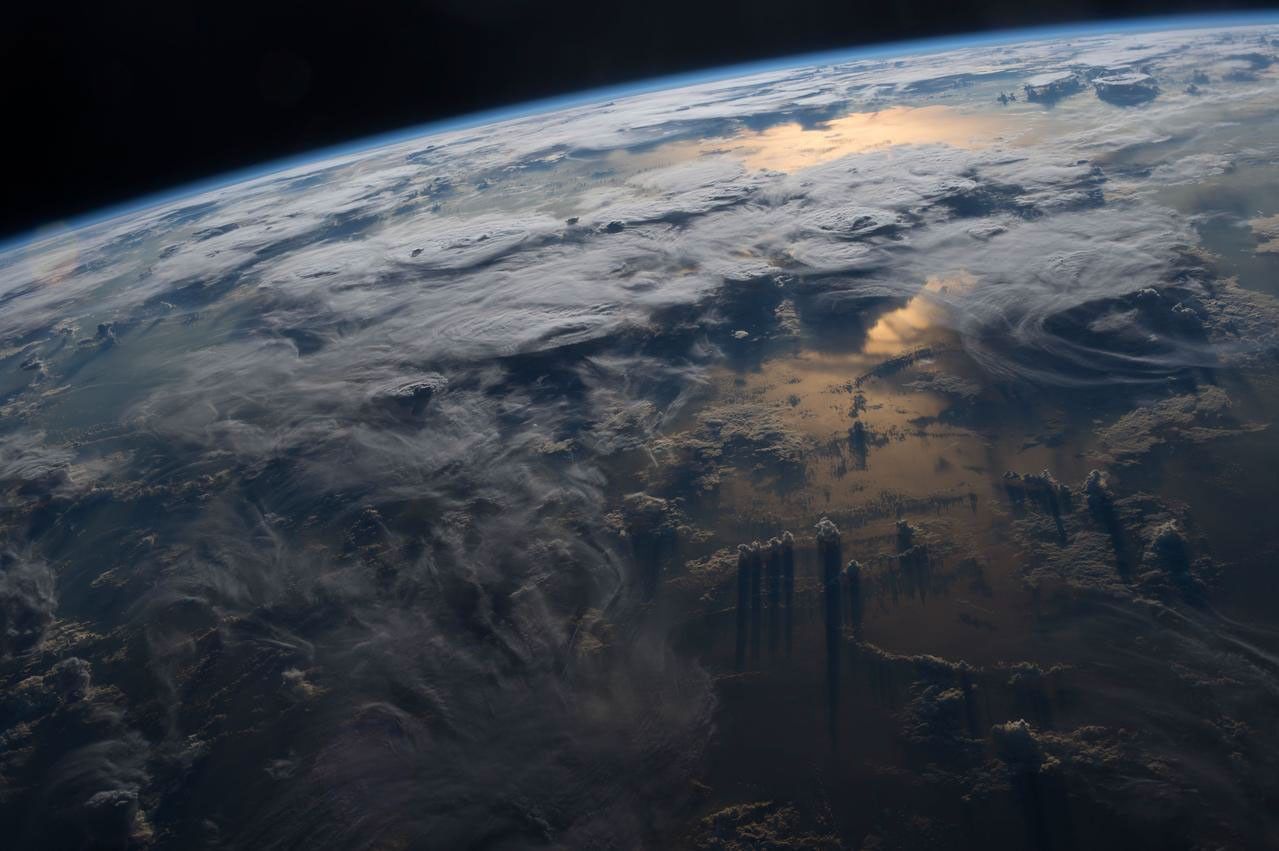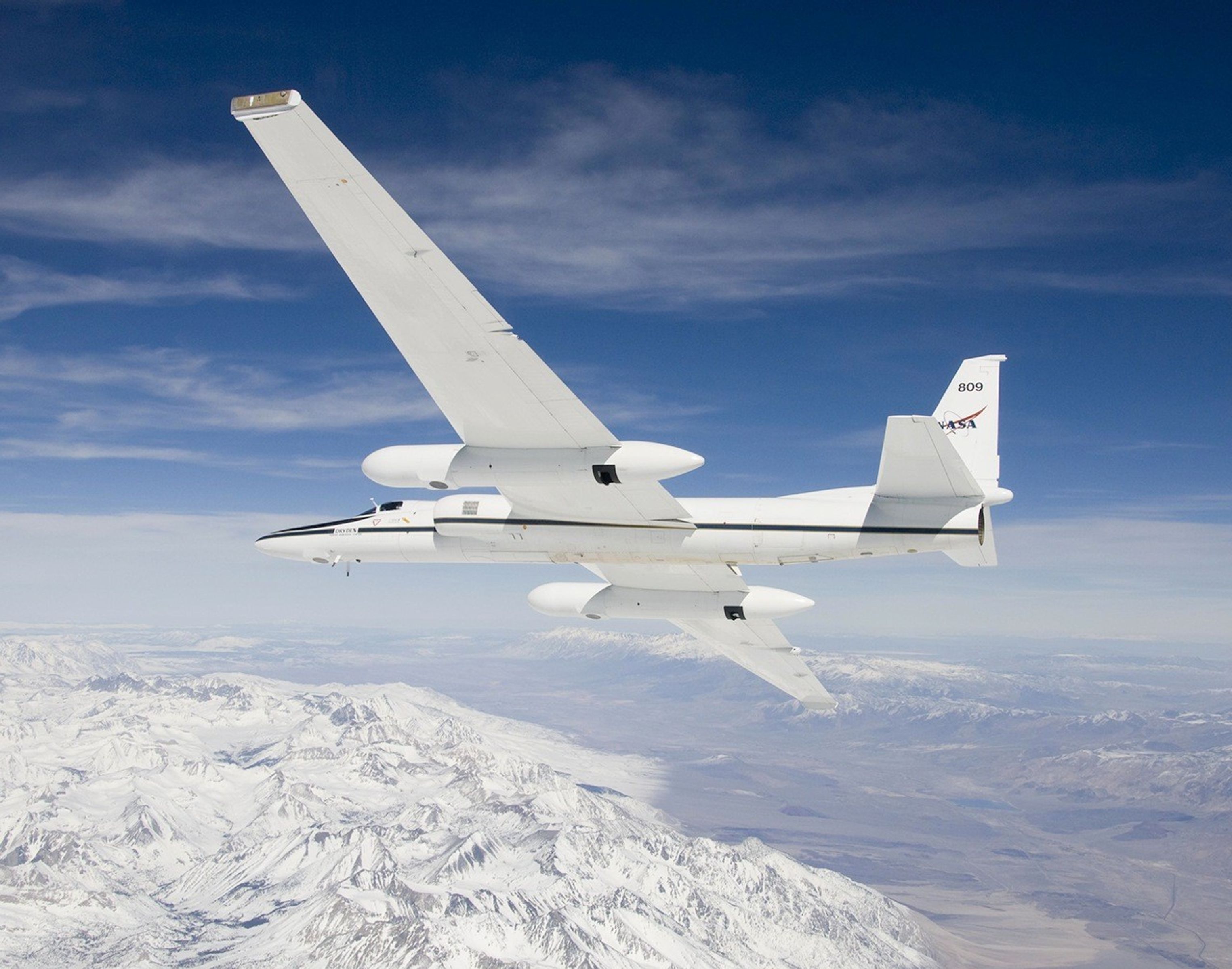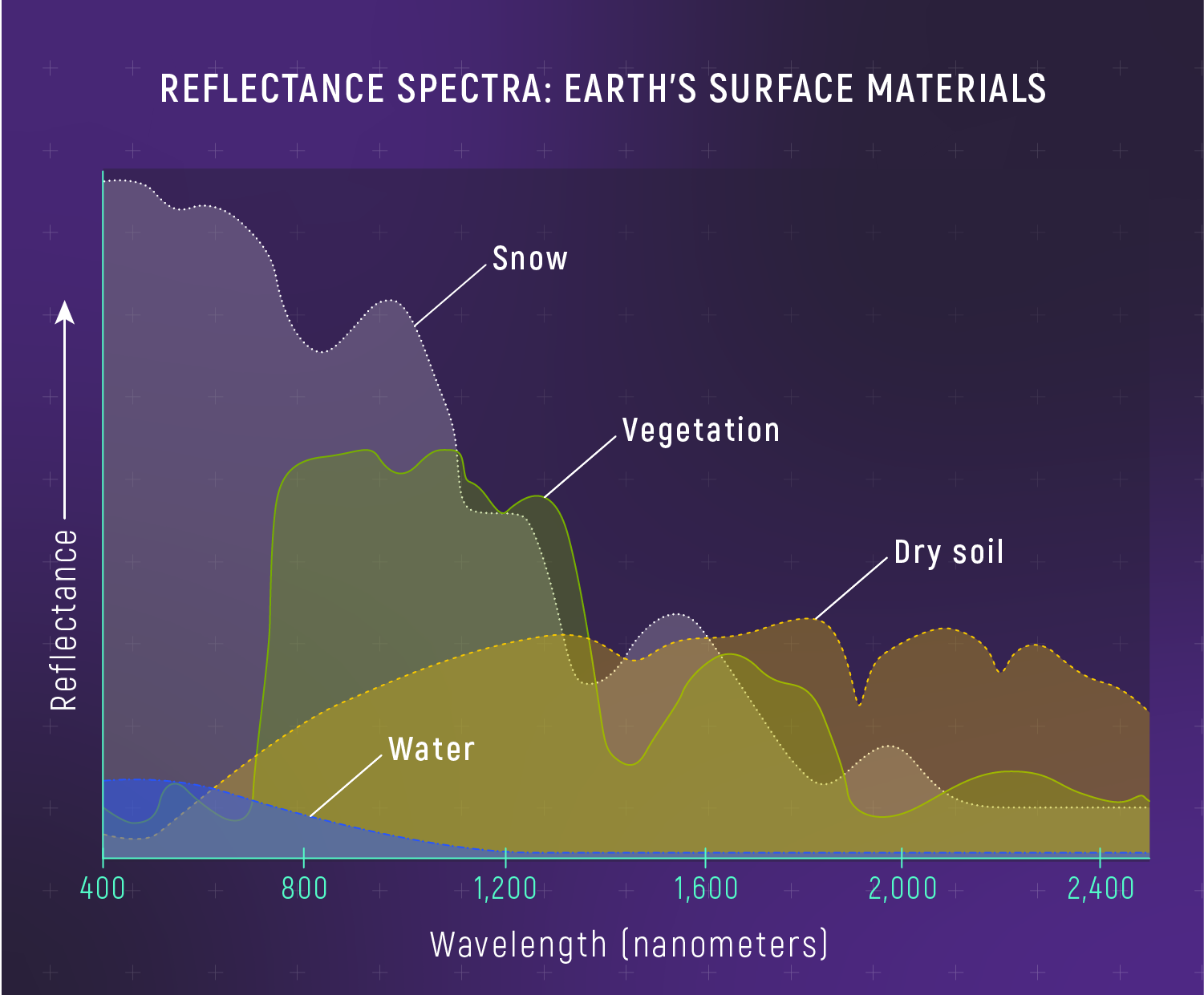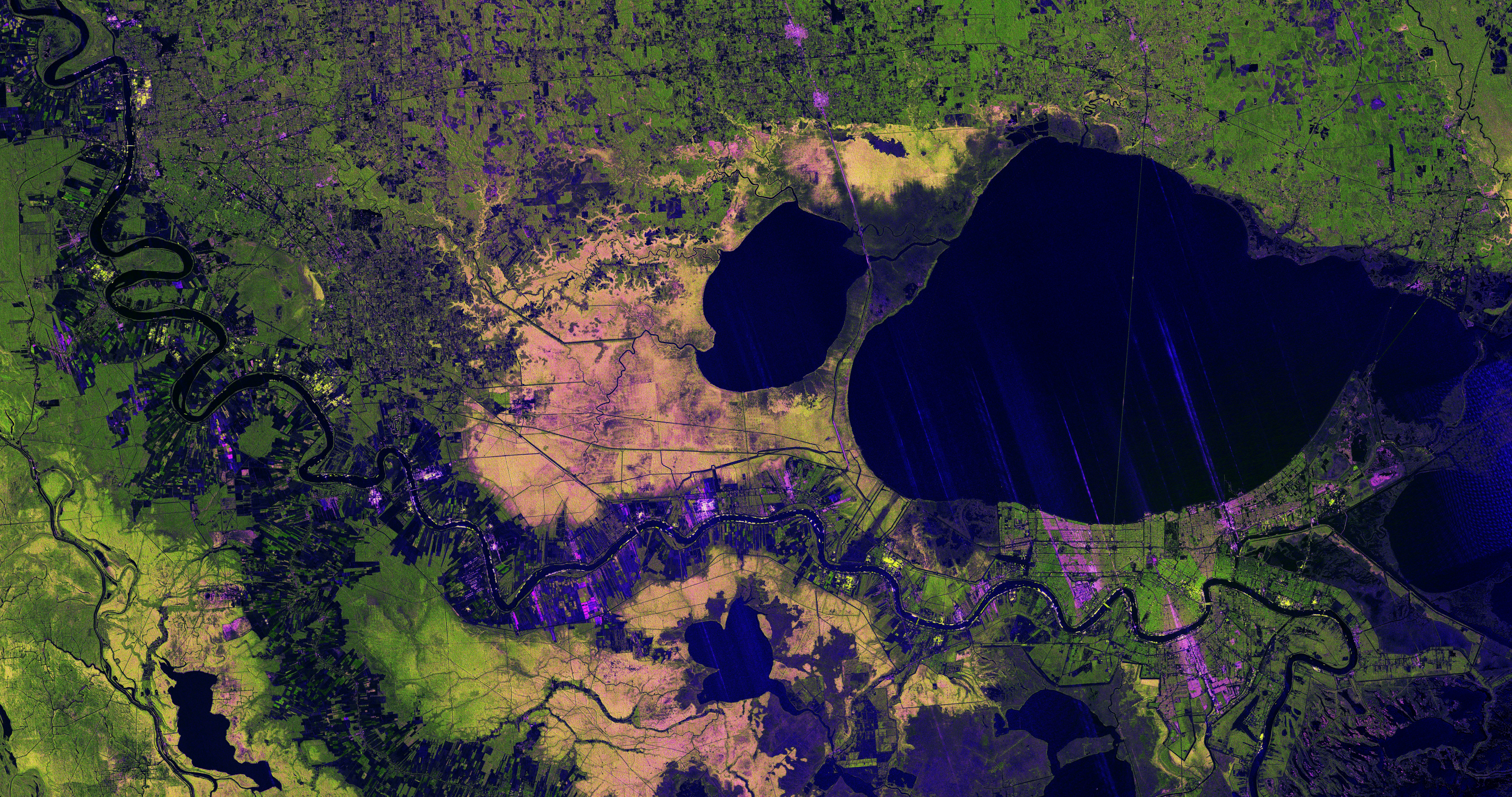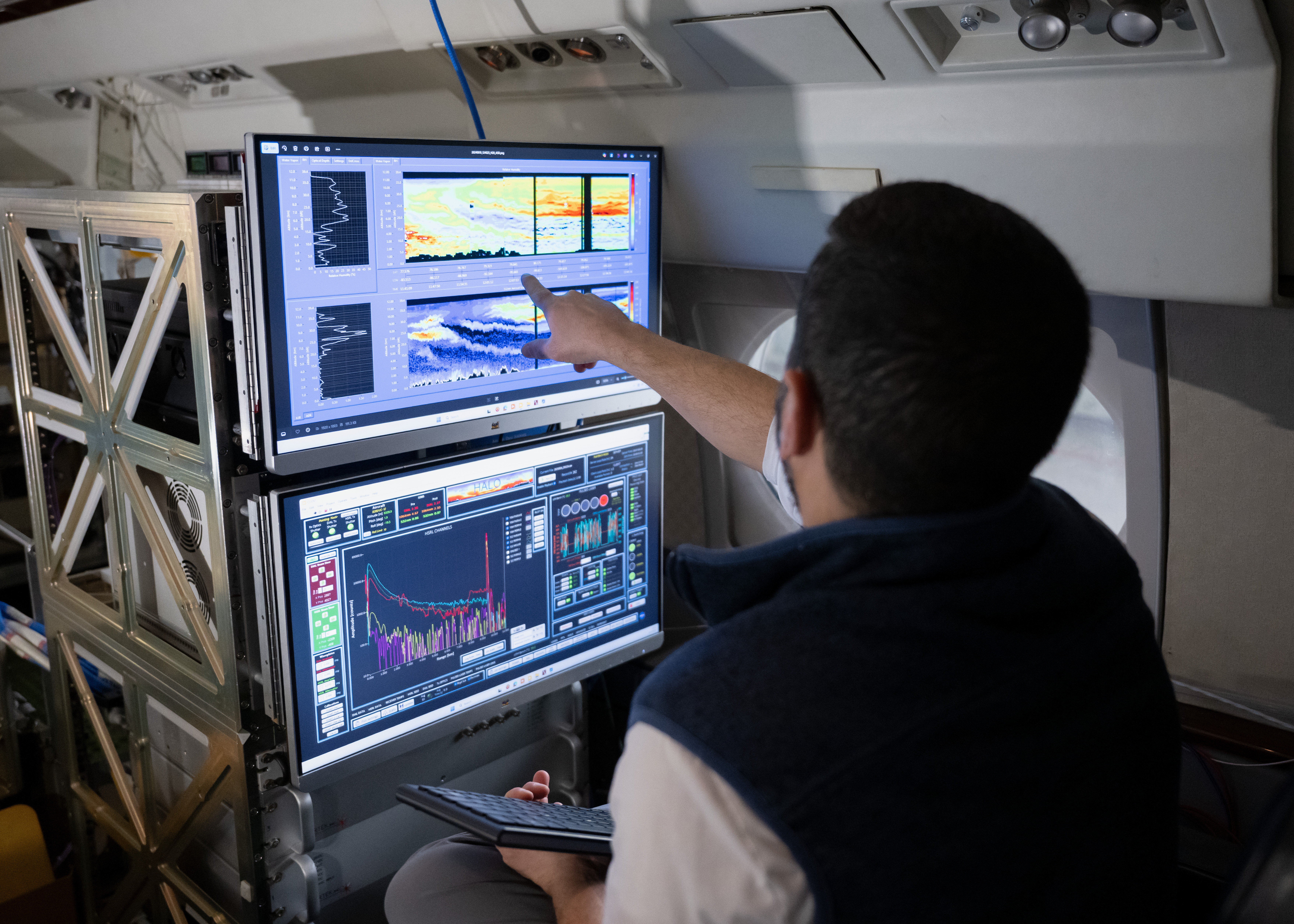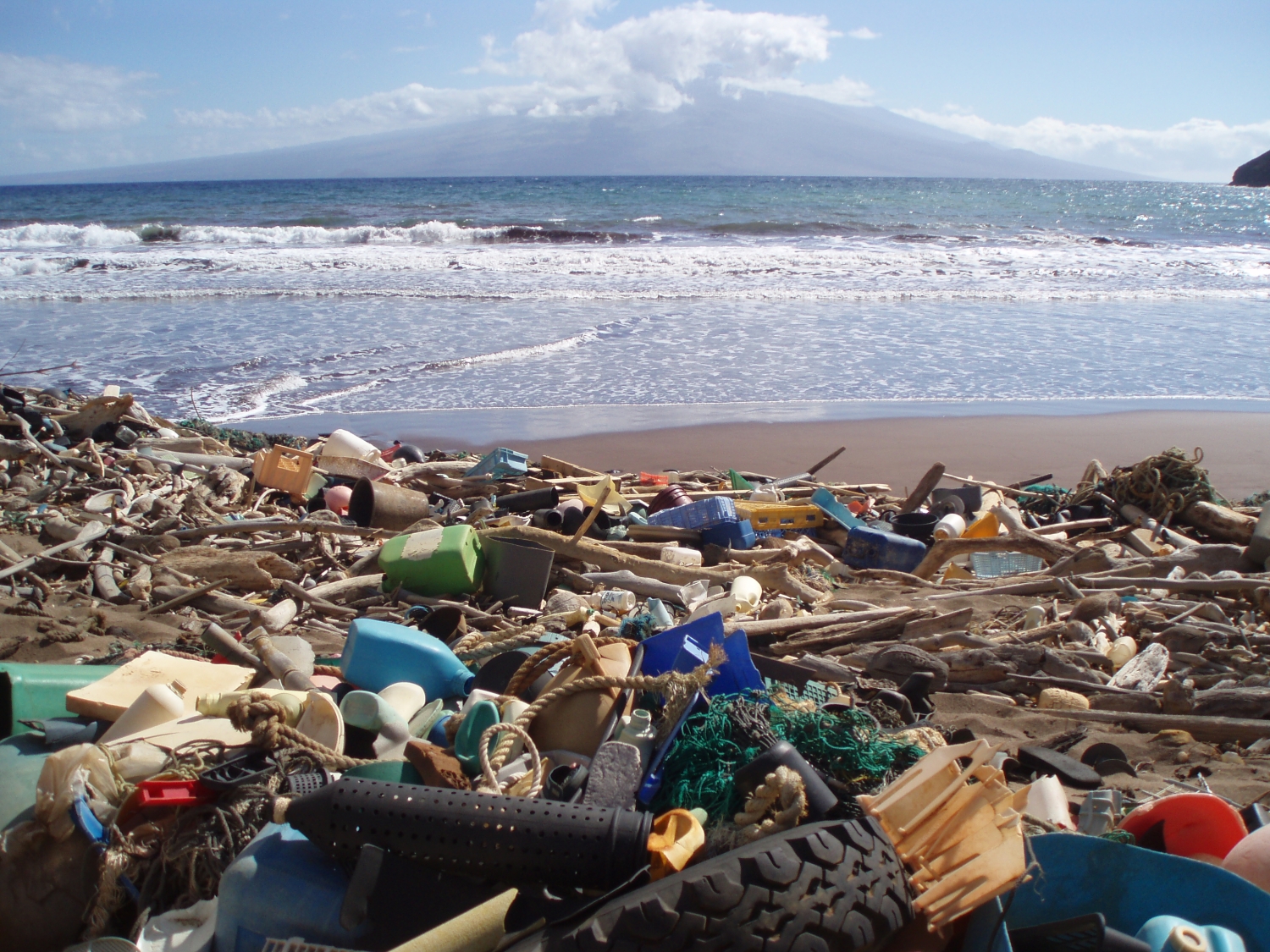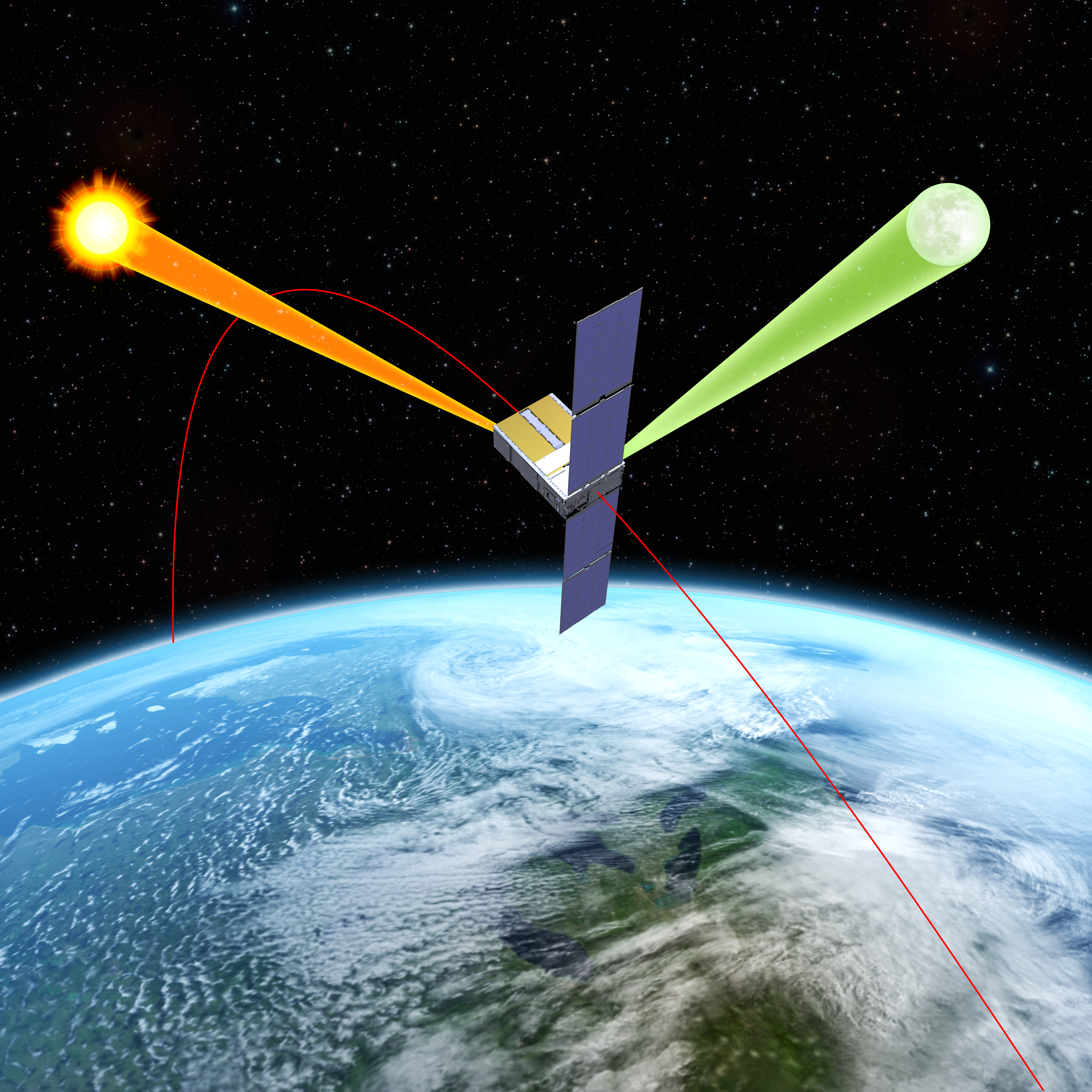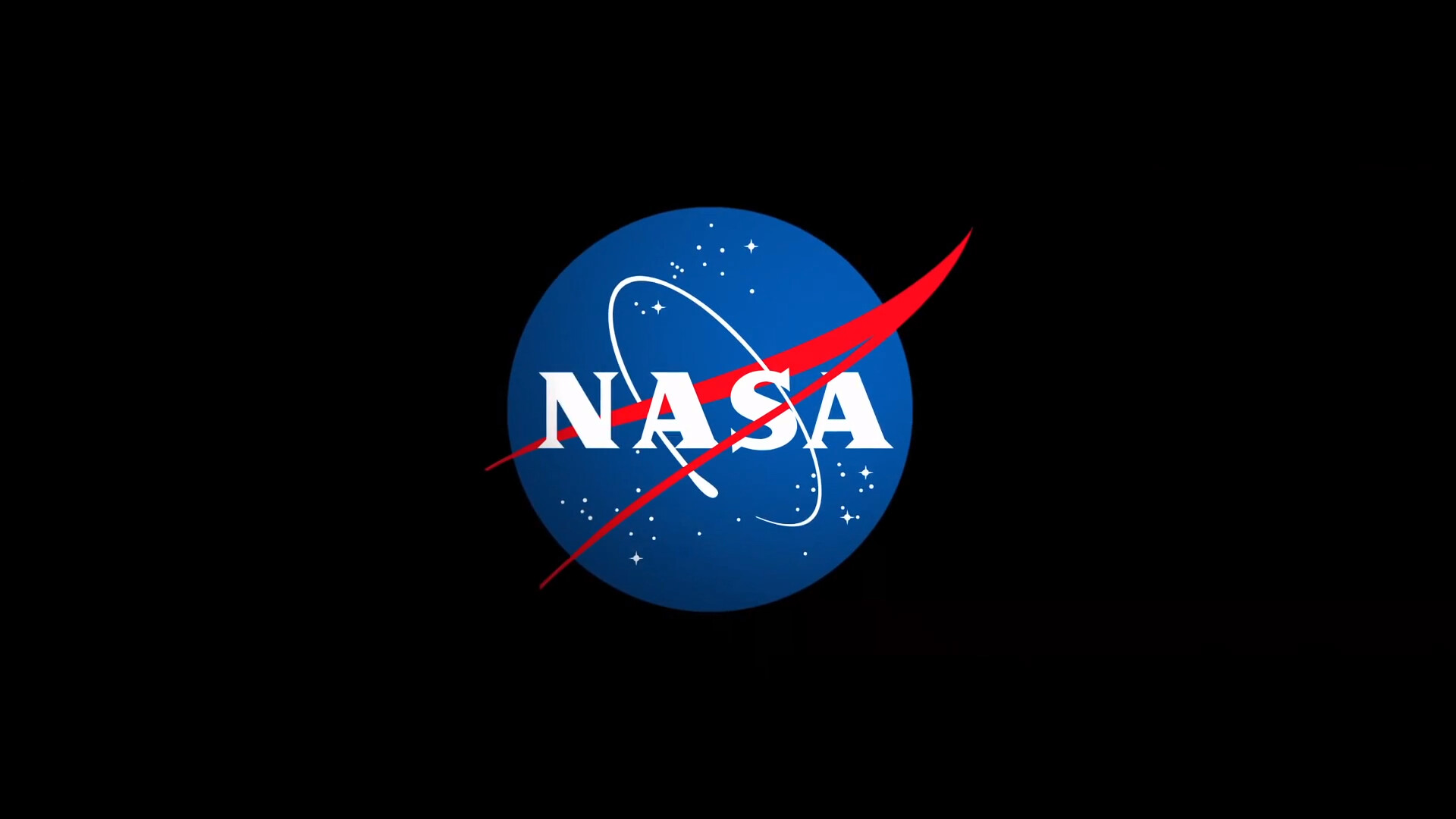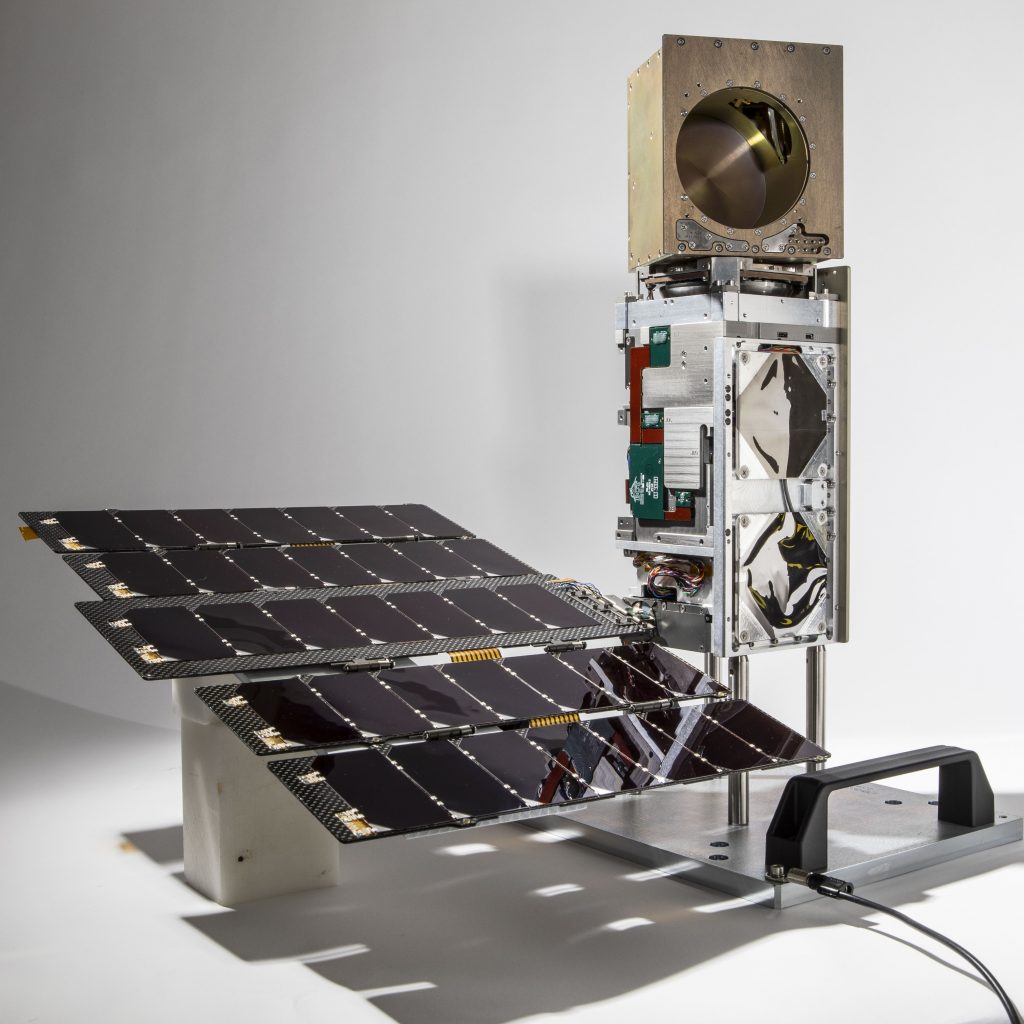Mission
To advance scientific understanding of Earth’s interconnected systems by integrating NASA’s satellite, airborne, surface, and partner datasets; developing predictive models and data analysis tools; and disseminating peer-reviewed discoveries, tools, and insights to improve societal outcomes.
Overview
NASA’s Earth System Science Research Program (ESSRP), formerly known as the Research & Analysis (R&A) Program, advances Earth system science by enabling the use of satellite, airborne, and ground-based observations, along with modeling approaches, to improve understanding of Earth processes. In collaboration with domestic and international partners, ESSRP ensures that findings inform NASA missions, are published in peer-reviewed literature, and are shared with the broader scientific community and public.
ESSRP supports research pertaining to five Earth science spheres: Atmosphere, Biosphere, Cryosphere, Geosphere, and Hydrosphere. Details on the key research questions, relevant satellite and airborne missions, satellite calibration and validation efforts, research opportunities, research programs, and upcoming meetings and events corresponding to each science sphere can be found below.
Science Spheres

Biosphere
Biosphere provides foundational knowledge on interactions between and within terrestrial and aquatic ecosystems, along with changes in their biogeochemistry and biodiversity. The goal is to detect and predict natural and human-induced changes in living systems to sustain the services they provide and ensure planetary health for future generations.

Cryosphere
Cryosphere investigates polar ice, including the Antarctic and Greenland ice sheets, polar glaciers, and sea ice in the Arctic and Southern Oceans, with a focus on satellite and airborne observations. Cryosphere also seeks to improve our understanding of processes, advance prediction, and link the cryosphere to the Earth system.

Geosphere
Geosphere studies processes and changes in the Earth’s core, mantle, and crust along with surface topography, composition, and geology, as well as the hazards they generate. Geosphere relies on essential measurements including InSAR, GNSS, lidar, gravity, optical, thermal, and hyperspectral observations.

Hydrosphere
Hydrosphere improves the observation, understanding, and prediction of the distribution and movement of water in the Earth System. Specifically, NASA Hydrosphere studies water and energy cycles across land, ocean, and the atmosphere through the integration of measurements from satellites, surface networks, and airborne campaigns.
The table below shows which Sphere each previous science program now resides. This list is non-exhaustive of all current research areas. Please refer to the Sphere pages for more information.
| Previous Research Program | Current Sphere or Enabling Capabilities |
| Atmospheric Composition Modeling and Analysis Program | Atmosphere |
| Atmospheric Dynamics | Atmosphere |
| Radiation Sciences | Atmosphere |
| Tropospheric Composition | Atmosphere |
| Upper Atmosphere Research | Atmosphere |
| Biological Diversity Research | Biosphere |
| Land-Cover and Land-Use Change | Biosphere |
| Ocean Biology and Biogeochemistry | Biosphere |
| Terrestrial Ecology | Biosphere |
| Cryospheric Sciences | Cryosphere |
| Earth Surface and Interior | Geosphere |
| Physical Oceanography | Hydrosphere |
| Precipitation Science | Hydrosphere |
| Terrestrial Hydrology | Hydrosphere |
| Water and Energy Cycle | Hydrosphere |
| Interdisciplinary Science | Embedded in all Spheres |
| Airborne Science Program | Enabling Capabilities: Airborne Science Program |
| Early Career Research | Enabling Capabilities: Early Career Research |
| GLOBE | Enabling Capabilities: Ground Networks, Calibration Labs, and Crowdsourcing |
| Modeling, Analysis, and Prediction | Enabling Capabilities: Integrated Earth System Modeling |
| Scientific Computing | Enabling Capabilities: Integrated Earth System Modeling |
Research Leadership
 |  |
| Dr. Barry Lefer | Dr. Michelle Hawkins |
| Associate Director for Research (Acting), NASA ESD at Headquarters | Deputy Associate Director for Research (Acting), NASA ESD at Headquarters |
Earth satellite imagery normalization
This study greatly enhances the scientific value of commercial very-high-resolution imagery for Earth System Science. By producing radiometrically consistent time-series data, the method allows researchers to more accurately detect land-surface changes, monitor ecosystems, evaluate agricultural dynamics, and assess environmental disturbances.
View the full publication
Earth Observatory Image of the Day
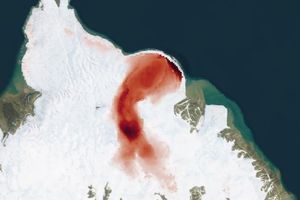
The glacier in southeastern Svalbard pulses with the changing seasons, speeding up and slowing its flow toward the sea.

Cortina d'Ampezzo, flanked by steep-sided mountain peaks, is the site of several skiing and sliding events in the 2026 Winter…
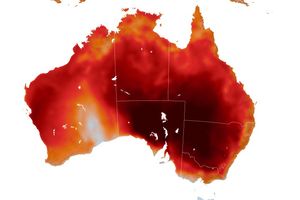
January brought blistering extremes Down Under as record temperatures scorched the nation’s southeast.

























